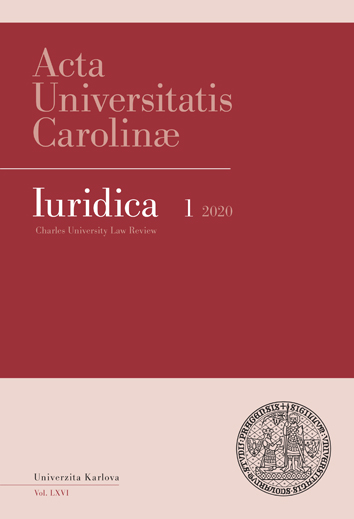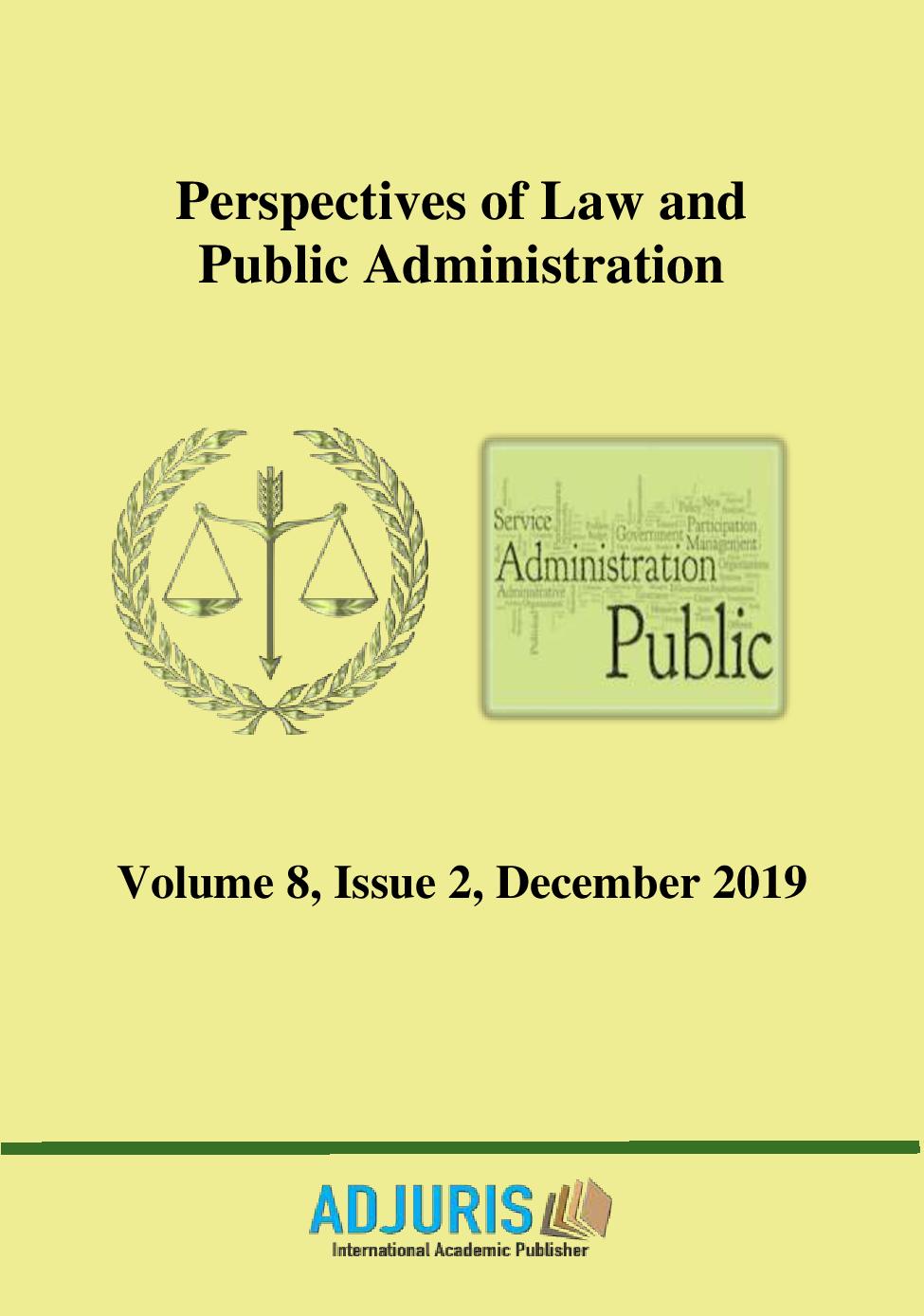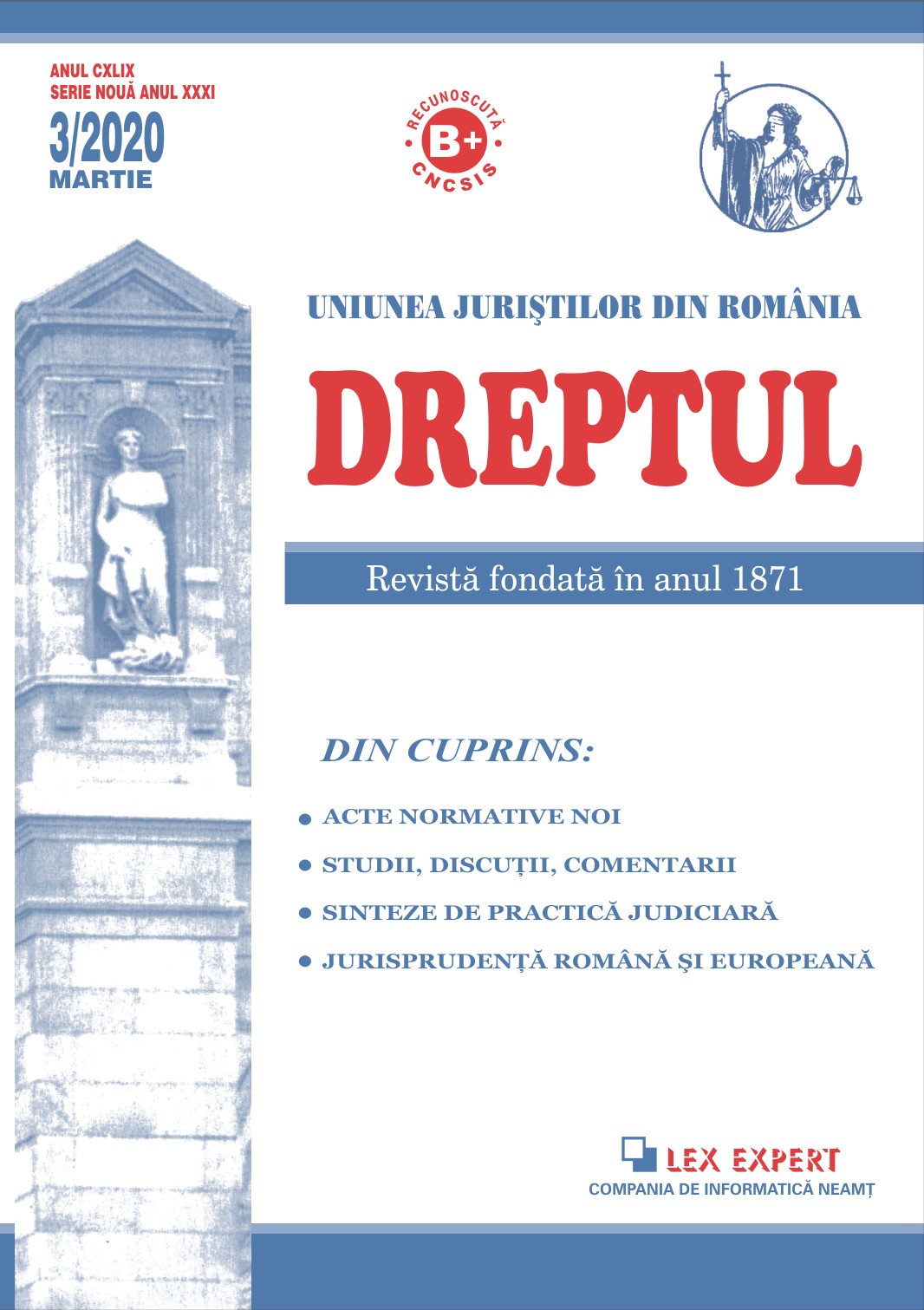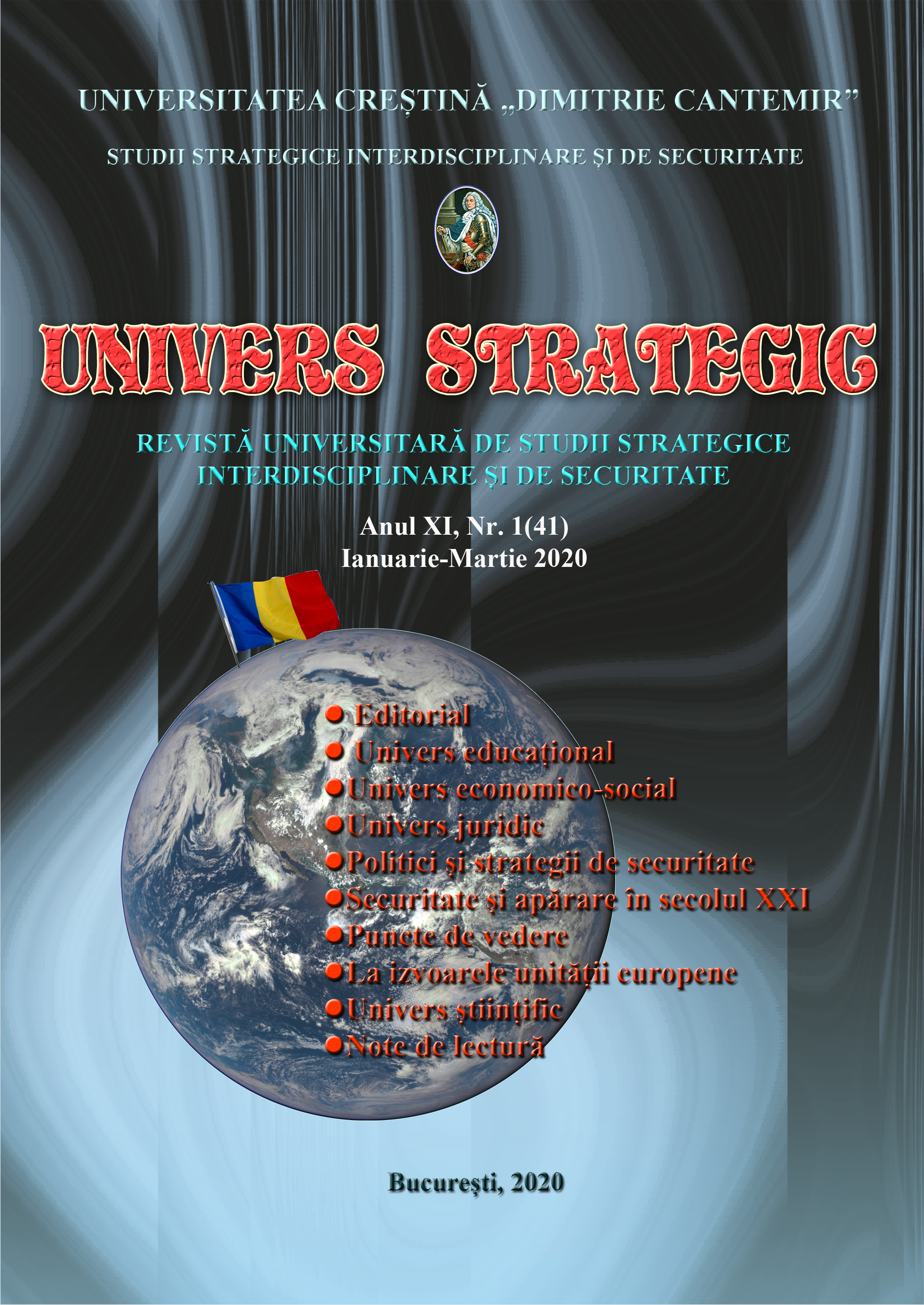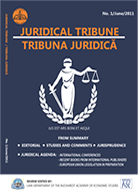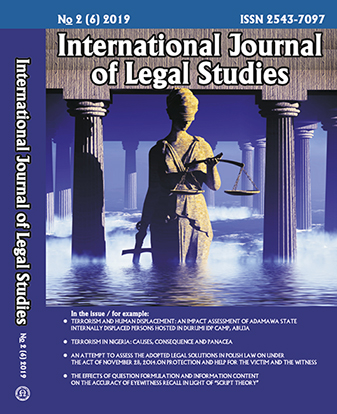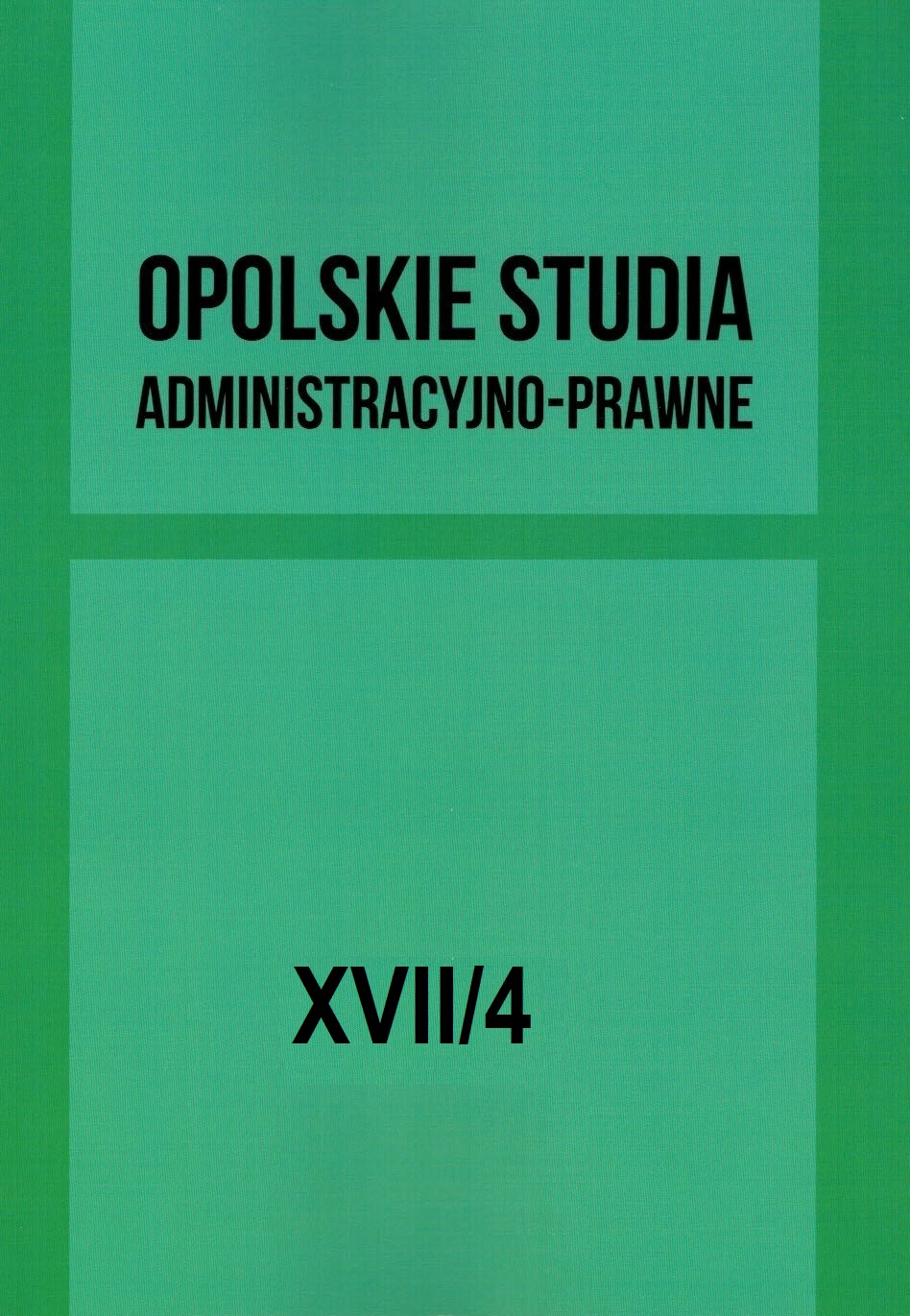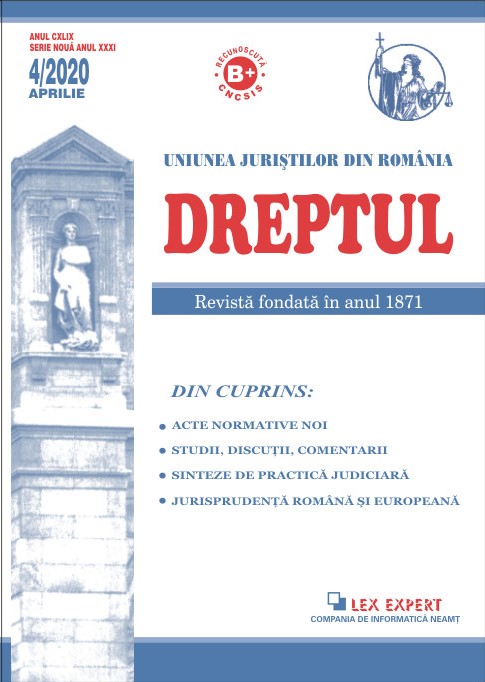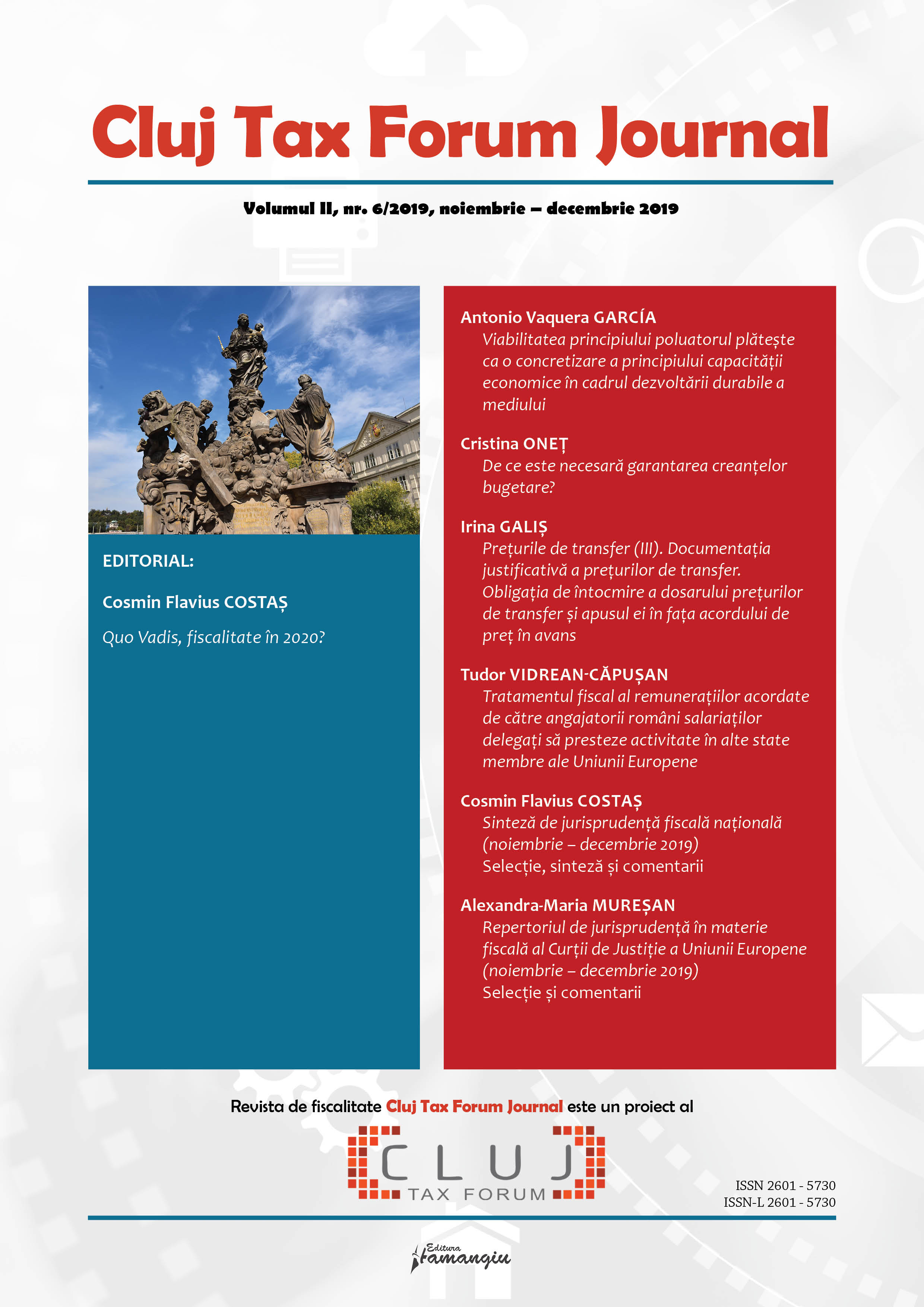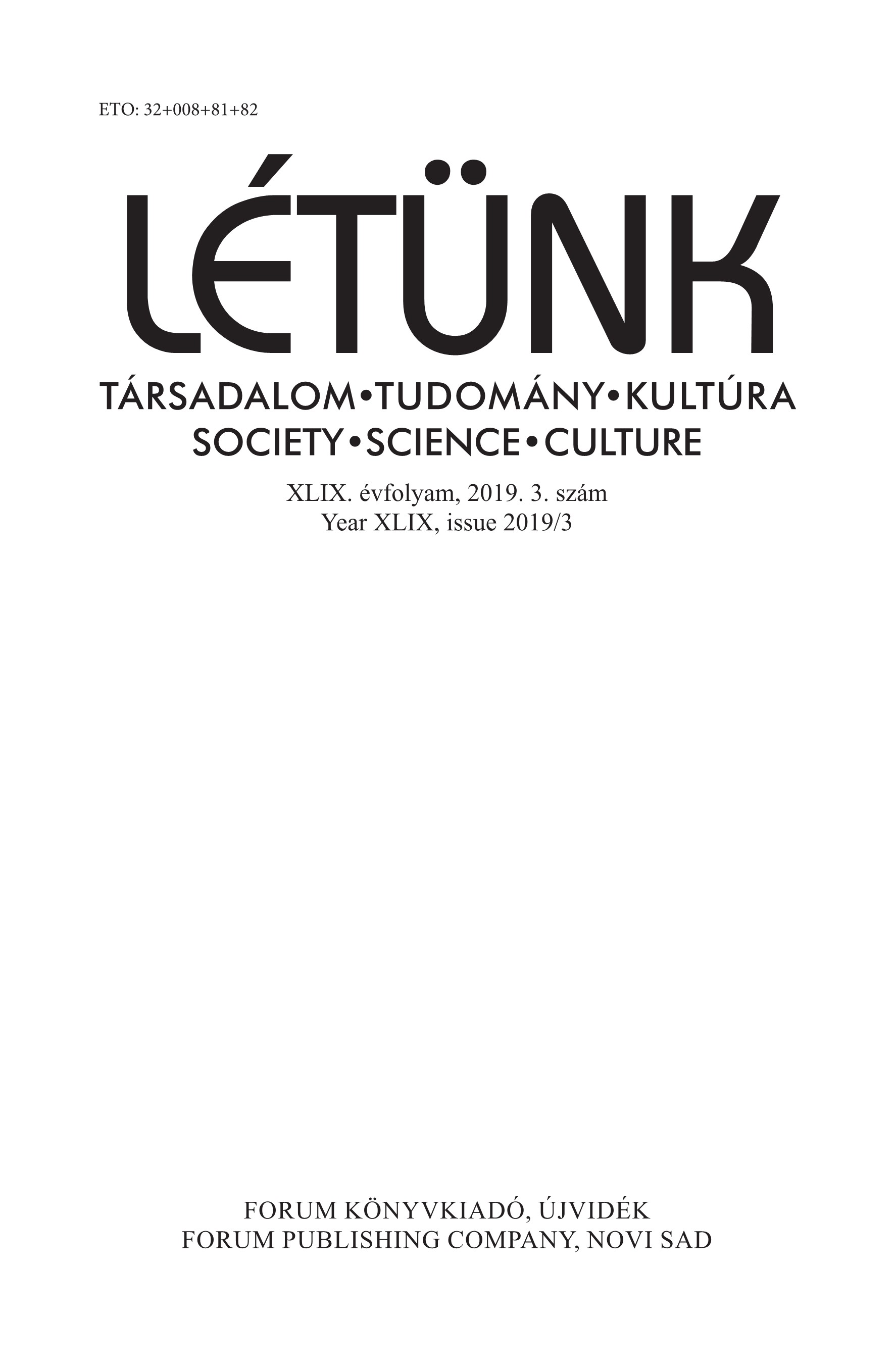Author(s): Adriana Deac / Language(s): English
Issue: 2/2019
Whether we are specialist in law, economics, art or a simple individual, all the citizens of the European Union meet in daily life, with legal terms such as regulation, directive, decision. We also get in touch, directly or indirectly with the institutions of the European Union, The Parliament, the Council, the Commission etc. For the states of western Europe, members of the European Communities for decades, these institutions and legal notions are absolutely normal, common place. For the citizens of the states from central and eastern Europe, relatively new members of the European Union, after 2000, these legal terms are still novelty. This is the reason why, the scientific paper aims to analyze the provisions of the Lisbon Treaty, Section 1, Chapter 2, art. 288 and the following regarding the legislative acts of the European Union. According to art. 288 of the Treaty on the Functioning of the European Union, „to exercise the Union’s competences, the institutions shall adopt regulations, directives, decisions, recommendations and opinions”. The paper aims to presents their legal character, the competent institutions to adopt these legislatives acts, the procedure for adopting and entering into force of these acts. In achieving this scientific objective, we shall present these acts comparatively, emphasizing the similarities and the differences between them, considering both the provisions of the Lisbon Treaty, as well as the scientific works in the field of the European Union Law.
More...
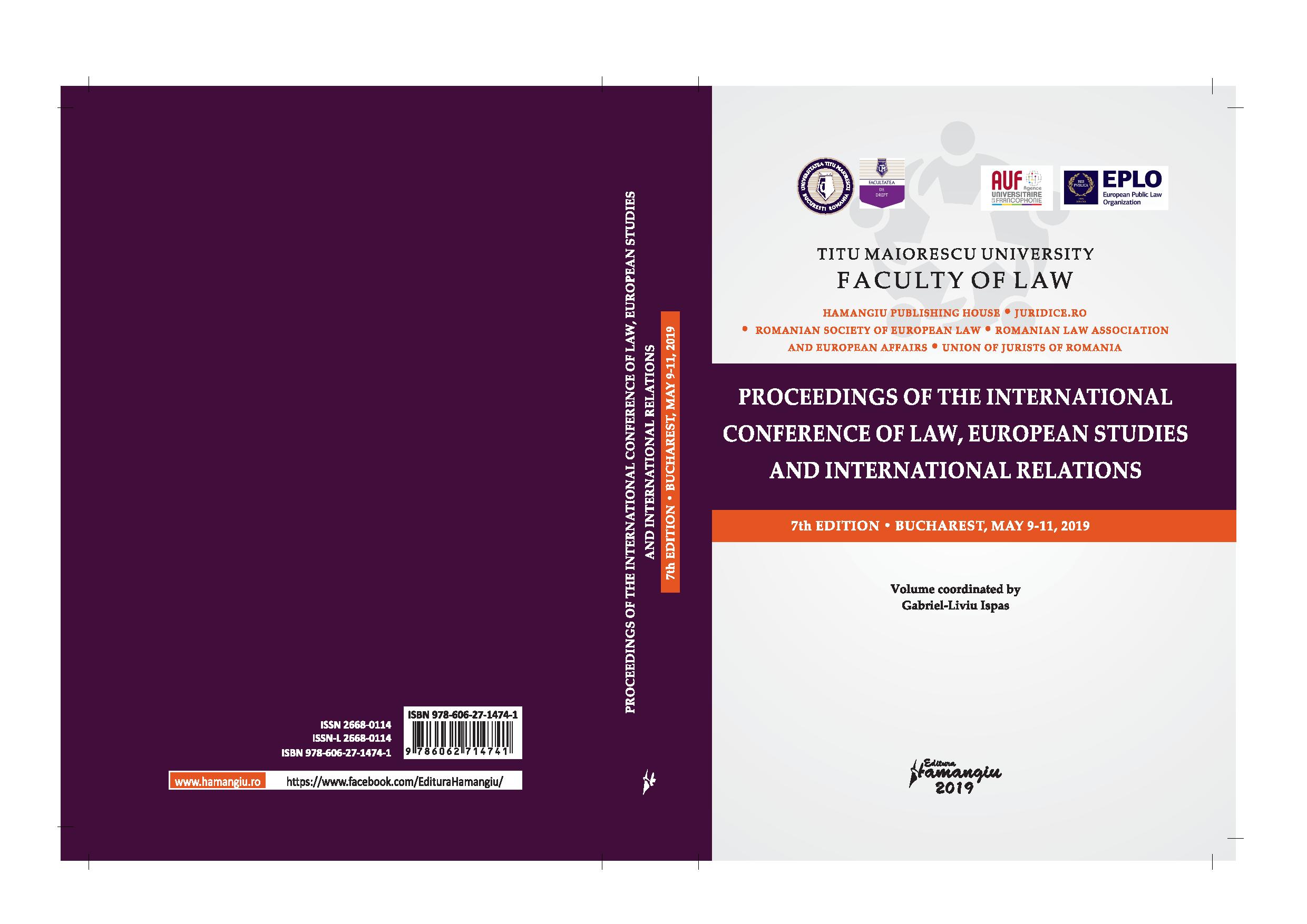

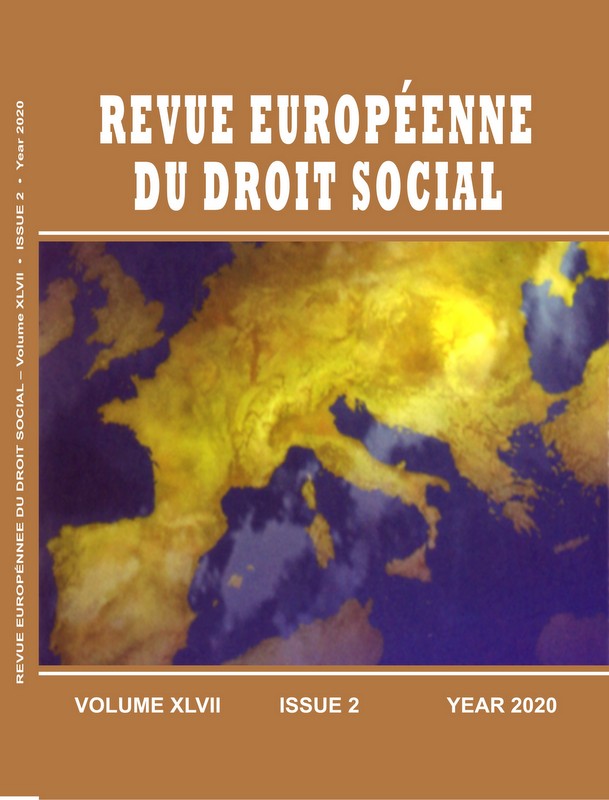
![Review of the Volume “Contractul de Concesiune” [The Concession Contract] 2nd Edition, Author: Cătălina Georgeta Dinu, c. H. Beck Publishing House, Bucharest, 2016](/api/image/getissuecoverimage?id=picture_2019_52173.jpg)
